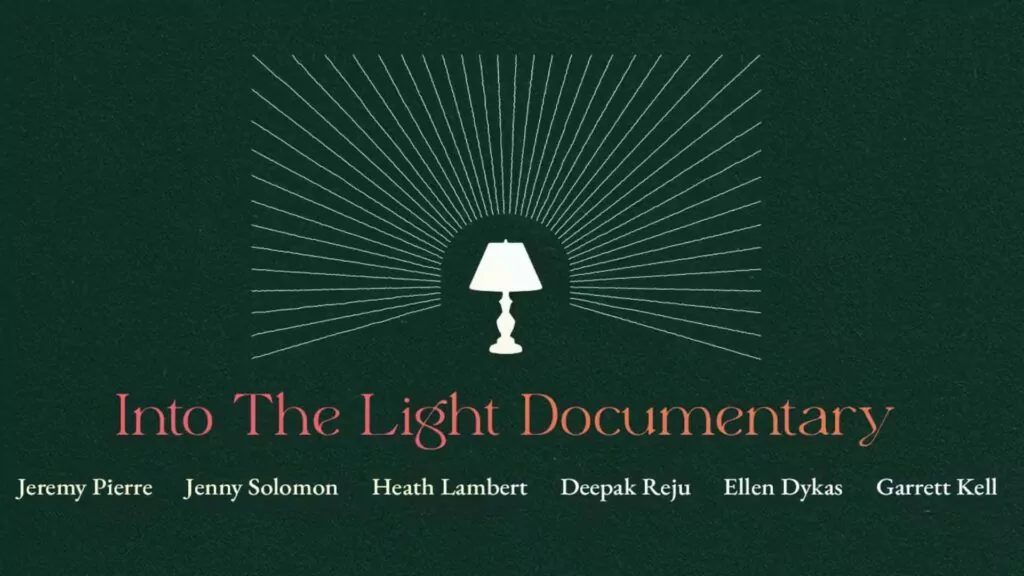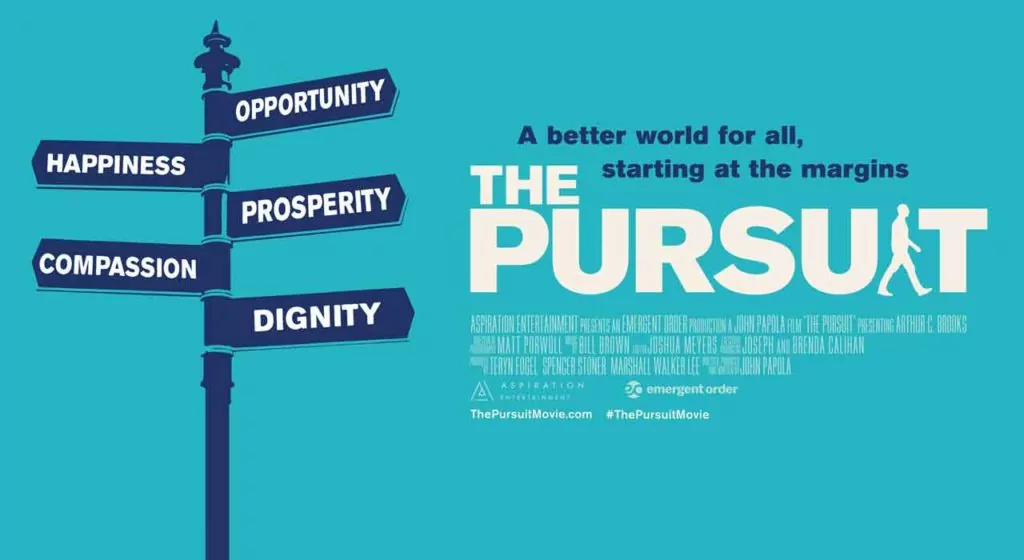
Economics - Home Finances
On investing, with Wade Van Bostelen
Thoughts from an experienced financial advisor
*****
Reformed Perspective interviewed Wade Van Bostelen, a Christian certified financial planner operating out of Burlington, Ontario. Wade and his wife Leanne have two sons, and are frequent visitors to the west coast.
Marty VanDriel: Are there Scriptural principles or texts that you use as guidance for how you advise clients to invest or in your own investing?
Wade Van Bostelen: My guiding principle comes from Psalm 24:1: “The earth is the Lord’s, and everything in it, the world, and all who live in it.”
When it comes to investing personally and with clients, I also return to a passage that speaks to it in Matthew 25:14-30. It speaks of the gifts of the Father and using those gifts, but it comes from an example that people would have understood even in Roman times. Christ uses the example of three servants who understood that their master had given them talents, had set them to work, and they’d invested these talents, with varying outcomes.
While the parable has a much deeper meaning than simply investing, the fact that our Lord uses this as an example indicates that this is a valid way to work in His kingdom – maybe even an expectation that this is a way to work in the kingdom.
MV: What kind of things can Christians be on the lookout for as they look to be good stewards of what God has entrusted to them?
WVB: I will sum it up with a few words – Prudence – Understanding – Self-control.
PRUDENCE: Several principles come into investing that help define prudence, but mainly, I am talking about diversifying what you are investing in to have some degree of protection or safety in what you are doing. You also want to ensure that you have the assets to invest without hindering your ability to take care of your responsibilities and personal needs. Christians can be caught up in the world’s obsession with generating wealth or freedom and forget that their obligation is first to serve the Lord. So Christian investors have first to ensure that they have given of their first fruits, then they need to provide for their household, and then they can invest. What I find difficult to understand are the extremes: Christians that have wealth but do not give and Christians that make a fine living but spend all they have and save virtually nothing. Both are not acting as effective stewards.
UNDERSTANDING: Christians can get caught up in the hype as quickly as others and invest in things they do not understand. Some may even make money doing this, but it does not make it a good practice. If you cannot explain what you are investing in, the types of companies, the kind of asset, the way a business works, how you will make a return on a real estate rental property, how you will be taxed on assets that you have, then you likely should not be investing in them…
SELF-CONTROL: It is known that most investors are driven by two basic emotions: fear and greed. Fear drives people out of their investments because of a lack of prudence and understanding. It also drives them into investing because they are missing out, or they have a fear of missing out (FOMO), also known as greed. Christians have to do better than that. Emotional investing is not stewardship.
MV: What is your opinion on investing in the stock market? How does a Christian do so in an ethical manner, in alignment with God’s Word?
WVB: I sense a bias in the question, so I will frame it differently before I answer it. Let’s ask the same question and substitute a different market - What is your opinion on investing in the real estate market? Rental income market? Commodity market? Livestock market? or any other market. There is a sense that I have in this question that the other markets may be more ethical, or more in alignment with God’s Word than the stock market. All of these markets are financial markets, and all of them come with risks and ethical questions.
Is it prudent for a young couple to stretch themselves to the limit of what they can afford payments for to purchase a house? What drives them to do so? Have they considered the ethical aspects of their decision – for example, will it keep them from contributing to kingdom work because they have stretched themselves so far? Have they considered the ramifications of their leverage? Have they been driven into the market by fear of missing out? What happens if their dual income becomes a single income? Will they still be able to make ends meet?
As a farmer, are you effectively using the commodity markets to sell your crops or make decisions on the amount of livestock to purchase? Are there ethical questions that arise working in a quota system that does not allow competition? How do you justify these questions?
As a rental real estate investor, have you considered the ramifications of what would happen if your renter fails to pay and you need that rent to cover your debt payments? What if you fail to rent the 70% of your building you need to rent to make ends meet? How did you figure out your math? Were you driven by principal or emotion when you invested?
So each market has its questions - the stock market is not at all different than other markets, and you need to exercise prudence, understanding and self-control. You need to be able to justify why you invest in the companies that you do, and be willing to walk away from others. You can engage in positive activism as a shareholder to change the way that companies do business. You need to be willing to exit positions in companies when their activities are unethical. If you are doing these things investing in the stock market is no different than investing in any other market, but more so, you need to think like an investor. In every market I have listed, you need to think long-term to invest successfully. In all markets, your greatest risk occurs right after you have invested – before you have made a return. The one thing that is different about the stock market compared to the other markets is that stocks are priced daily, so you can become obsessed with your short-term returns and not longer-term returns. Real estate investors, for instance, tend to think in 10-year periods or longer. Stock market participants should also think along those lines, and not look daily at their prices.
Could you imagine valuing your home every day? What is the price someone will pay today for my house? It seems ludicrous, but people will do that with their well-diversified portfolio and lose sleep or become euphoric based on the price change in a day, month or year. If you are investing for your retirement income – why are you worried about today?
MV: What are your thoughts on "investing" in cryptocurrencies? Or companies that are in the crypto industry?
WVB: As indicated before, you have to have prudence, understanding and self-control when investing. If anyone claims to understand cryptocurrency, I would like them to explain why it has value. There have been manias before in investment history. Our Dutch heritage has an exciting period referred to as "Tulipmania" in the 1630s – people were gripped by a speculative desire to own tulip bulbs. Fortunes were made and lost on tulip bulbs.
The crypto space is unregulated. That is why people like it, because it falls outside government control. They have ascribed a value to things that previously had no value, and the value has increased because of limited supply.
This is not a realm of investment as I would define it because you have no expected future value based on anything that you can quantify. You have no definable present value because it produces nothing – there is no inventory, there is nothing that society needs that it offers, no product.
That being said, many crypto-related things may cause some change and are investible. The technology that runs it is called blockchain. It does facilitate immediate transactions. It allows you to move assets from one country to another instantaneously. It requires servers, microchips, technology development, internet service providers, electrical generation, etc. So, there are ways to legitimately invest in these things by investing around the hype, rather than speculating in the hype.
If you go into the crypto space now, you are speculating. I find it hard to define speculation as an investment; it is more akin to a gamble. You can make money on speculation as you can with gambling, but don't call it an investment.
Unfortunately, because of a lack of regulation, the tax rules are not yet written…but they can be backwardly enforced. There are also opportunities for charlatans like Sam Bankman-Fried (SBF) to fraudulently gather assets for personal use because even astute investors, like Kevin O'Leary, can be taken in by fraudsters when they don’t understand what they are buying.
MV: What is your own favorite investment and why?
 WVB: My favorite investment is my own company. I had the advantage of working with another advisor who allowed me to start my own business while working with him. Eventually, I also bought his business from him when he was ready to retire and then consolidated two other companies into my own. I have been blessed to work with partners who have worked alongside me to help build my enterprise while I helped them in their enterprises. But more than anything, my business has allowed me to work with clients from all walks of life to help them develop their financial plans. This has been as enriching for me as for them – so that has to be my favorite investment!
WVB: My favorite investment is my own company. I had the advantage of working with another advisor who allowed me to start my own business while working with him. Eventually, I also bought his business from him when he was ready to retire and then consolidated two other companies into my own. I have been blessed to work with partners who have worked alongside me to help build my enterprise while I helped them in their enterprises. But more than anything, my business has allowed me to work with clients from all walks of life to help them develop their financial plans. This has been as enriching for me as for them – so that has to be my favorite investment!






























